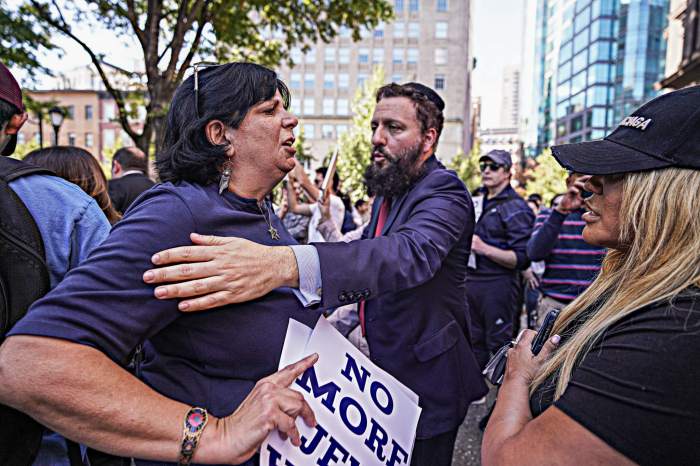State budget talks revolve around two issues important to NYC — paid family leave and the $15 minimum wage. Gov. Andrew Cuomo has made them his top priorities. Now it’s all about leverage. Who among Cuomo, Senate Majority Leader John Flanagan and Assembly Speaker Carl Heastie can yoke together certain issues — education aid, tax breaks — to get what they want?
The $145 billion budget is due April 1. Cuomo hates to be late. Looming over the talks is dwindling bank settlement money that added more than $8 billion to the last two state budgets. Caution is in order. Here is our wish list:
WORKER MEASURES: Workers need time off to care for children or aging parents. Paid family leave has wide support, and would be employee-funded under Cuomo’s plan. Absent a national law and with consideration for small businesses to prevent staffing shortages, this should be adopted as a matter of basic fairness. Cuomo has proposed 12 weeks; eight weeks probably will get it done.
A wage that leaves a full-time worker in poverty is not defensible. Cuomo’s proposal for a $15 minimum wage phased in over five years, and then indexed to inflation, is the right thing to do.
CUNY: Cuomo’s plan to shift $485 million of costs from the state to the city continues an endless war over control and funding of CUNY. He’s correct: expenses are too high, too many salaries are bloated, and more oversight would be good. A recently announced plan to hire a management expert to find efficiencies is wise and likely moves the battle to next year. Bottom line: don’t hurt students.
Cuomo’s $100 million proposal to bring social workers, mentors, medical personnel and mental health experts into failing schools and make them community schools is an echo of Mayor Bill de Blasio’s Renewal Schools program. It’s a promising start. But it must be well-executed and more funding is needed to make a real difference.
TAXES: Small business tax breaks would help offset the cost of a minimum wage hike. Proposals worth considering: raising the threshold above which income is taxed and increasing the income exemption for small businesses.
For seniors, raising the amount of private-pension and retirement income exempt from taxes from $20,000 to $40,000 would mean average savings of $361 a year. This would help keep retirees from fleeing with their income.
A surcharge on utility bills called the 18-a assessment was enacted as a temporary measure in 2009, renewed, and then scheduled for phaseout by 2017. It has functioned as a tax with revenues going to the general fund, not to the Public Service Commission, as intended. End it now.
Some ideas, like a tolling-and-congestion pricing plan for NYC, are going nowhere. They must be addressed soon.

















